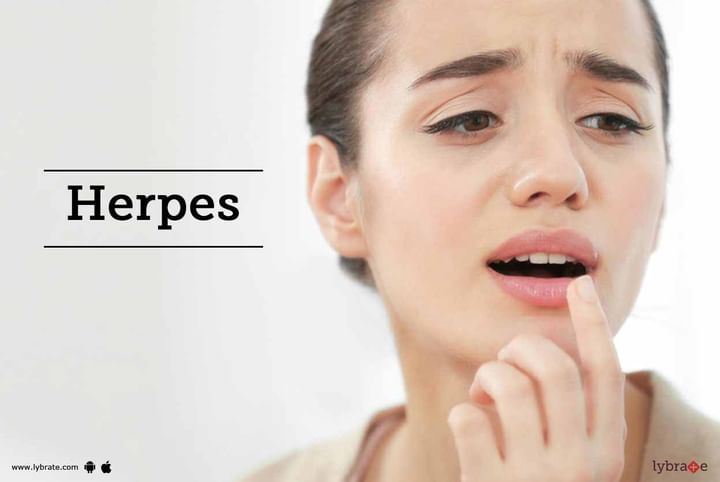Herpes
Herpes is an infection caused by HSV (herpes simplex virus). This virus affects the external genitalia, anal region, mucosal surfaces, and skin in other parts of the body.
In this article, we discuss the symptoms of herpes, how to treat it, and how to avoid it.
Symptoms
Primary infection symptoms
Primary infection is a term used for an outbreak of genital herpes that occurs when a person is first infected. The symptoms can be quite severe and may include:
- blisters and ulceration on external genitalia, in the vagina, or on the cervix
- vaginal discharge
- pain and itching
- tender, enlarged lymph nodes
- pain when urinating
- high temperature (fever)
- malaise (feeling unwell)
- cold sores around the mouth
- red blisters on the skin
In most cases, the ulcers will heal, and the individual will not have any lasting scars.
Causes
When HSV is present on the surface of the skin of an infected person, it can easily be passed on to someone else through the moist skin that lines the mouth, anus, and genitals. The virus may also spread to another individual through other areas of skin, as well as the eyes.
- having unprotected vaginal or anal sex
- having oral sex with a person who gets cold sores
- having genital contact with an infected person
The virus is most likely to be passed on just before the blister appears, when it is visible, and until the blister is completely healed. HSV can still be transmitted to another person when there are no signs of an outbreak, although it is less likely.
If a mother with genital herpes has sores while giving birth, it is possible that the infection will be passed on to the baby.
Treatment
There are a variety of treatment options. These include:
- taking painkillers, such as acetaminophen or ibuprofen
- bathing in lightly salted water helps relieve symptoms
- soaking in a warm sitz bath
- applying petroleum jelly to the affected area
- avoiding tight clothing around the affected area
- washing hands thoroughly, especially after touching the affected area
- refraining from sexual activity until symptoms have gone
- If urinating is painful, apply some cream or lotion to the urethra, for example, lidocaine
Some people find that using ice packs can help. Never apply ice directly to the skin, always wrap it in a cloth or towel first.
Medication
No drug can get rid of the herpes virus. Doctors may prescribe an antiviral, such as acyclovir, which prevents the virus from multiplying. Antiviral medications will help the outbreak clear up faster and will also help reduce the severity of symptoms.
Prevention tips
To reduce the risk of developing or passing on genital herpes:
- use condoms when having sex
- do not have sex while symptoms are present (genital, anal, or skin-to-skin)
- do not kiss when there is a cold sore around the mouth
- do not have many sexual partners
Some people find that stress, being tired, illness, friction against the skin, or sunbathing may trigger recurrences of symptoms. Identifying and avoiding these triggers may help reduce the number of recurrences.



+1.svg)
